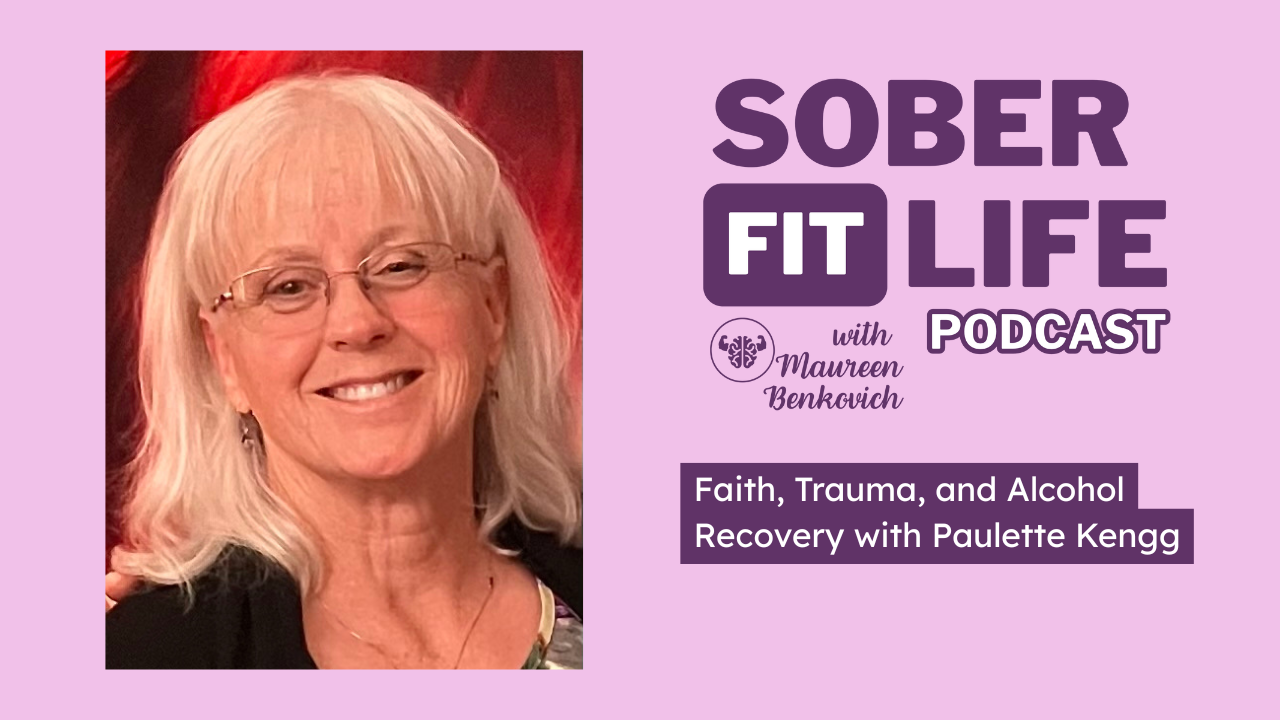Faith, Trauma, and Alcohol Recovery with Paulette Kengg
Jun 23, 2025
Some podcast conversations leave a lasting imprint on your heart, and my conversation with Paulette Kengg was exactly that.
Paulette is the author of Spirit-Led Sobriety, a powerful memoir that blends science, scripture, and raw honesty. When we spoke on Sober Fit Life, she opened up about the unspoken shame many women carry in church spaces, especially when it comes to addiction. She also shared how her relationship with alcohol nearly cost her everything.
Paulette didn’t start drinking heavily until her 50s. At first, alcohol was a way to cope with debilitating insomnia. But beneath that sleeplessness was a lifetime of pain: her father was murdered when she was just 14. She endured sexual violence. She carried religious trauma. And like many women, she held it all together on the outside while suffering in silence on the inside.
Eventually, alcohol went from comfort to crutch. Paulette had a near-death experience that shook her awake. But traditional recovery models didn’t work for her. She wanted a healing path rooted in faith, one that addressed the trauma, the brain science, and the spiritual battle. That’s when she began to explore EMDR therapy, biblical truth, and the brain-healing power of neuroplasticity.
I was deeply moved by how she wove scripture into her healing journey without shame or rigidity. She referenced The Heart of Addiction by Mark Shaw, shared insights from Dr. Daniel Amen’s brain imaging work, and even recommended Andrew Huberman’s podcast on alcohol. She’s incredibly well-read, incredibly humble, and incredibly real.
One thing that stuck with me was when Paulette said, “Shame tells us we’re alone. But the enemy works in secrecy.” Her mission now is to speak out, especially to women of faith who are silently struggling with their relationship with alcohol. She wants them to know: there is no shame in needing help. Healing is possible. And you don’t have to choose between your faith and your recovery. In fact, they can beautifully support each other.
Paulette's story is a reminder that it’s never too late to heal. That science and scripture can work hand in hand. And that you are never too broken for grace.

